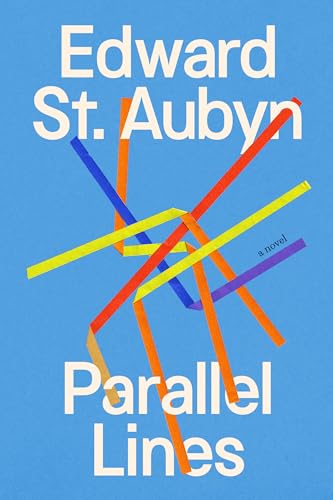What do you think?
Rate this book


272 pages, Hardcover
First published May 1, 2025
Anyway, it had turned out all right because Emma was late, and the ice was made by the time she arrived. She said she thought it was an excellent experiment, but they should repeat it under more scientific conditions. So, she asked Mum for three glasses of white wine, put lots of ice in one and started drinking it, which didn’t seem to Noah especially scientific; and after marking the level of the wine in the second glass, dropped an ice cube in and marked where the new level was, and left the third glass with just wine in it – she said that was the ‘control group’, which made it a ‘double blind’ experiment, and because they were all there to witness the results, it was being ‘peer reviewed’, whereas if he had just reported his findings from the bath, the claims might have become part of the ‘replication crisis’, when nobody else could get the same results and started to question his ‘methodology’, saying he hadn’t taken account of evaporation, or had used the wrong sort of plug. Mum and Dad were smiling away, as if she was being funny, but all Noah wanted to know was whether the Solomon Islands had disappeared.
‘That’s a false dichotomy,’ said Hunter. ‘When you’re looking at the photo, that’s the radiant present; when you’re looking through the window, same thing. The difference is that the photos make us think of the convergence of parallel lines. The horizon is a vanishing line made by our way of seeing. The sea and the sky don’t ever meet.’